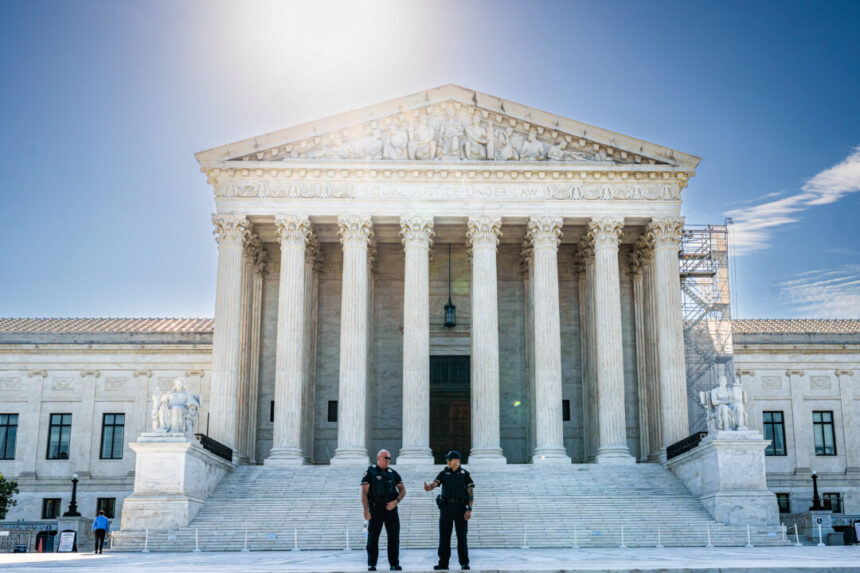The Supreme Court announced on June 24 that it would revisit a long-standing dispute involving Hungarian Holocaust survivors and their heirs seeking restitution for property taken from them during World War II. This case, which has spanned over a decade, presents a complex legal question regarding the jurisdiction of U.S. courts over foreign entities.
The issue at hand revolves around the Foreign Sovereign Immunities Act (FSIA), a federal law that generally grants foreign governments immunity from prosecution in U.S. courts. However, an “expropriation exception” within the FSIA allows for claims related to property taken in violation of international law.
The survivors allege that property confiscated during the Nazi occupation of Hungary was later transferred to the country’s treasury and mixed with government revenues. As Hungary conducts commercial activities in the United States, the survivors argue that they have the right to sue under the FSIA.
The latest development in the litigation sees Hungary petitioning the Supreme Court to address conflicting opinions from different circuit courts on how cases involving appropriated property should proceed. The D.C. Circuit ruled that courts could hear challenges like that of the Hungarian survivors unless the foreign government can prove that its resources do not originate from the confiscated property.
On the contrary, Hungary contends that the burden lies with the survivors to establish a direct connection between the expropriated property and the government’s funds used in commercial activities. This argument draws parallels to a previous case involving Germany and African Indigenous groups’ property.
As the legal battle continues, the survivors and heirs emphasize the urgency of resolving the case, which has already spanned nearly 14 years. They stress the need for clarity on the jurisdiction of U.S. courts in addressing Holocaust crimes and seeking justice for the victims.
While Hungary warns against an expansive interpretation of the expropriations clause, suggesting potential strain on foreign relations, the survivors and heirs advocate for the D.C. Circuit’s stance. They argue that requiring strict traceability would hinder most claims, especially in cases of historical injustices.
The Supreme Court’s decision on this matter carries significant implications for future cases involving foreign sovereign immunity and the pursuit of justice for historical grievances. The complexity of balancing legal principles with foreign relations concerns underscores the challenges faced by U.S. courts in addressing such contentious issues. Please rewrite this sentence.
Source link





